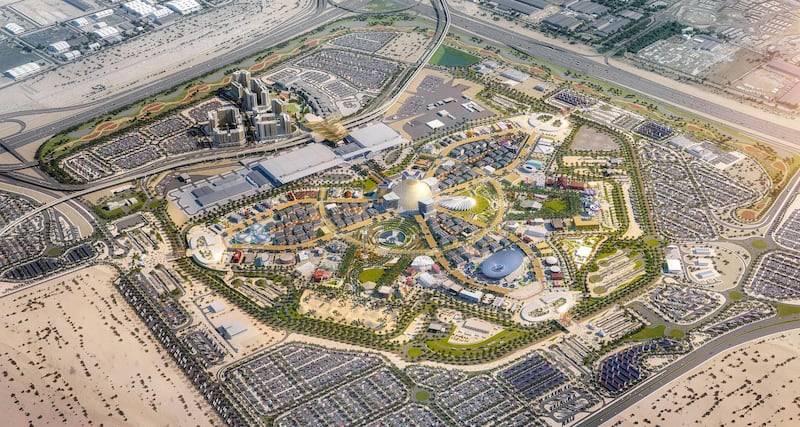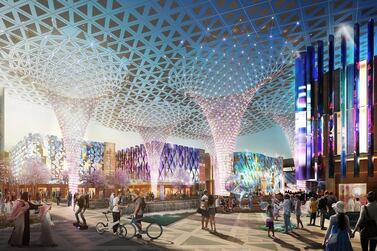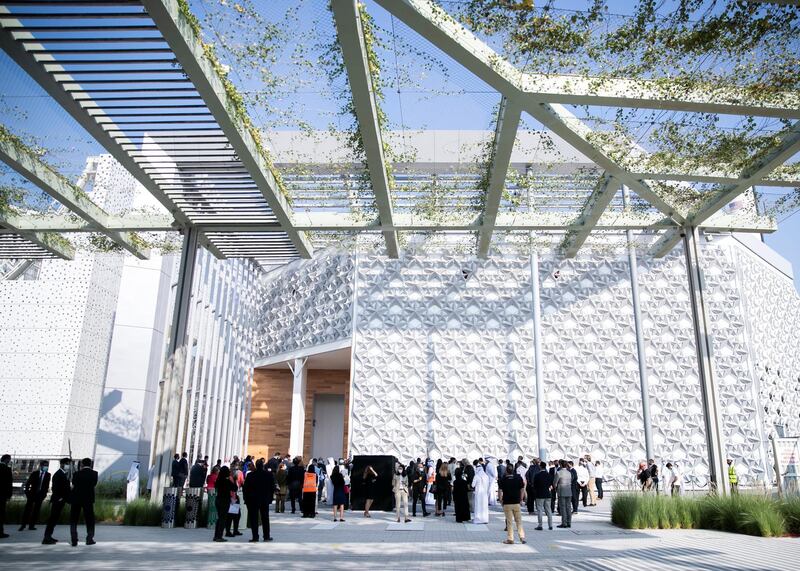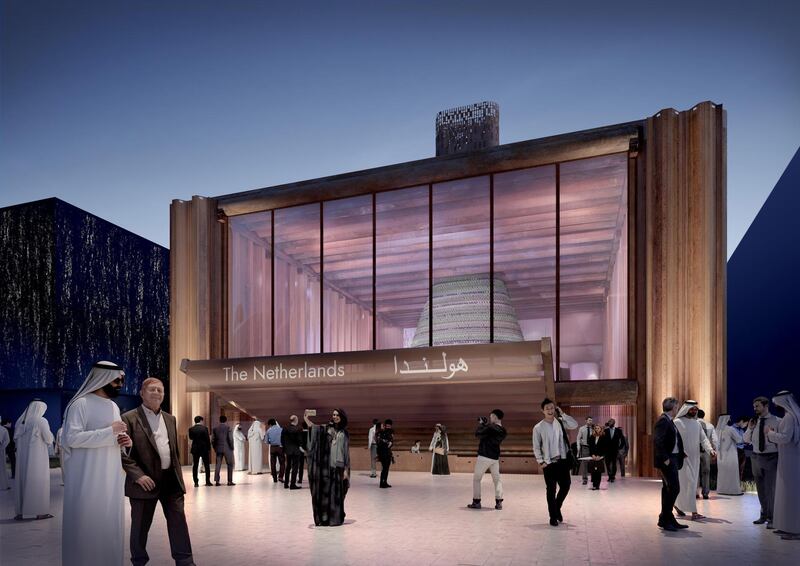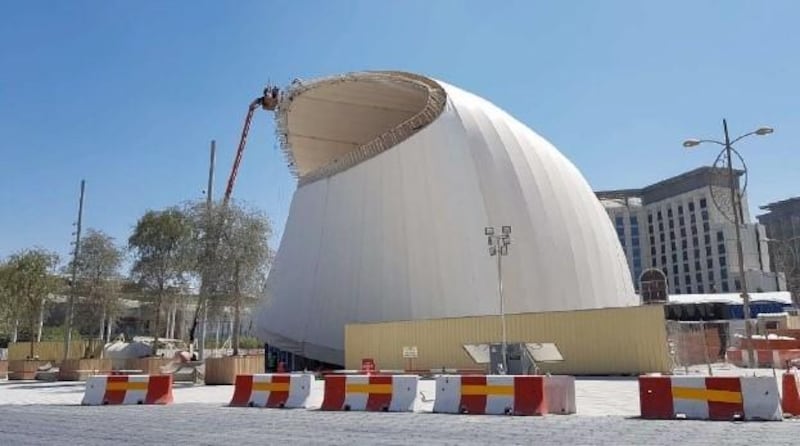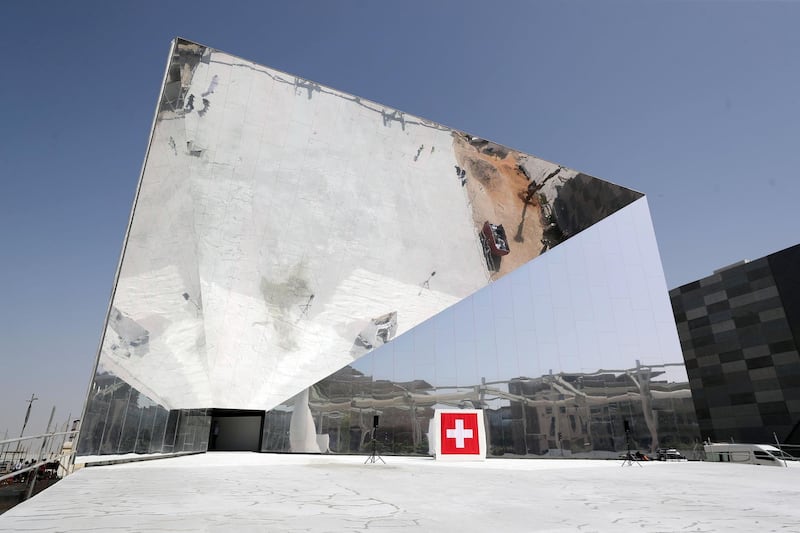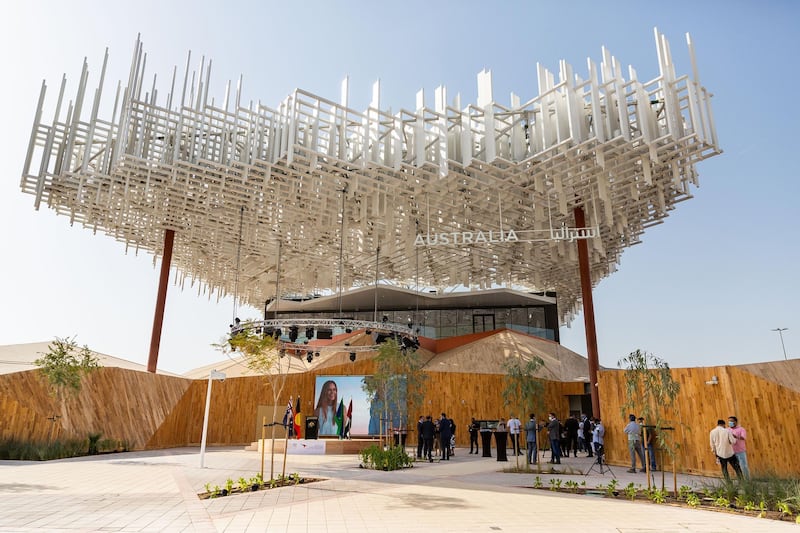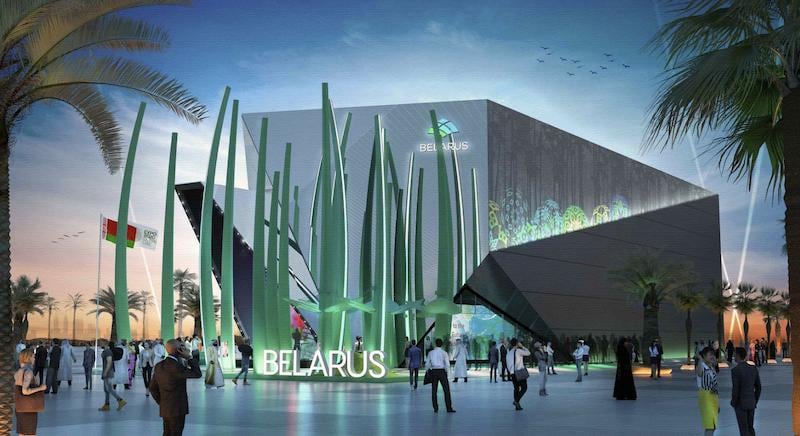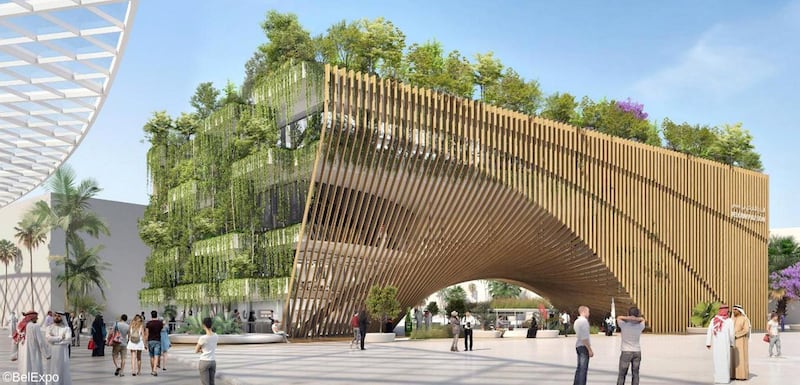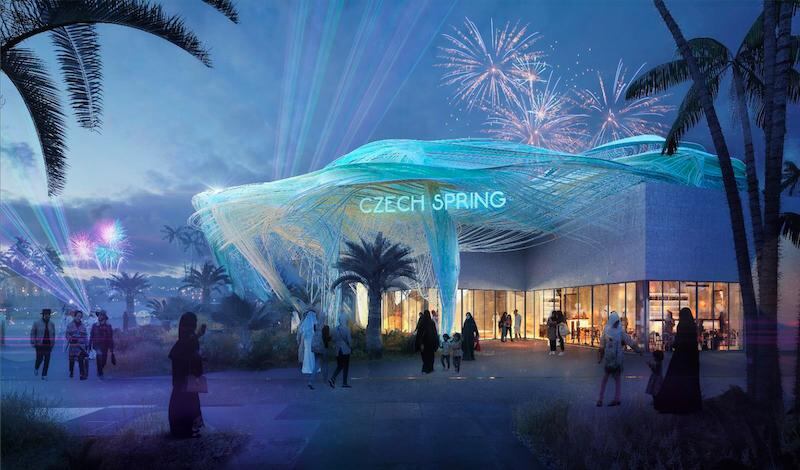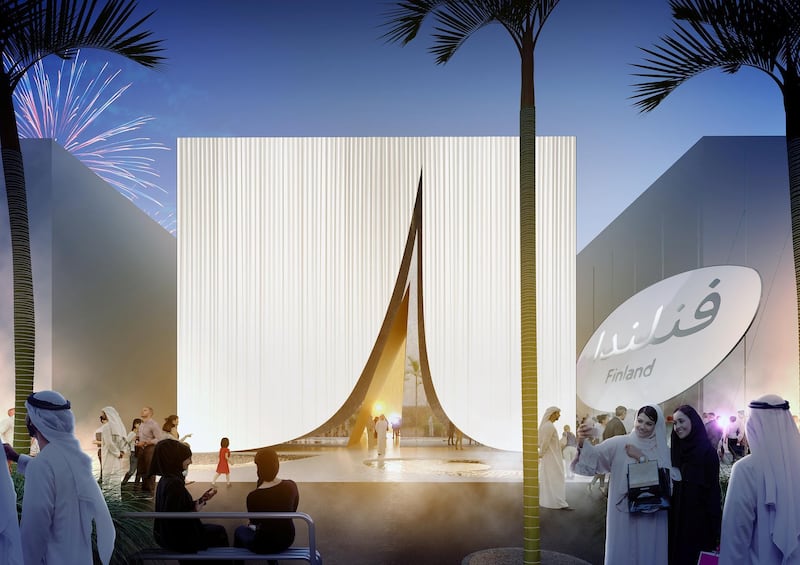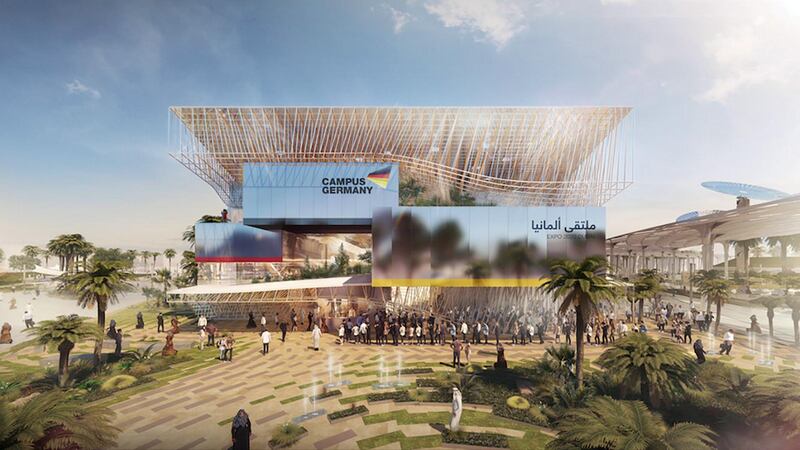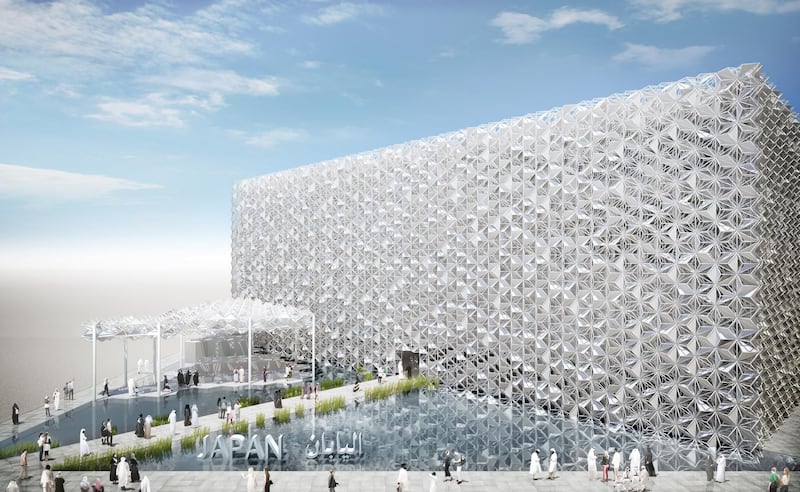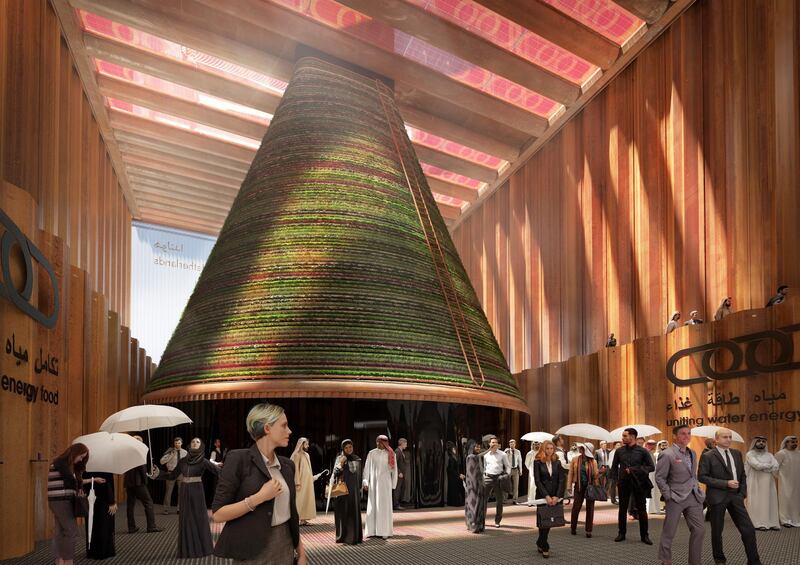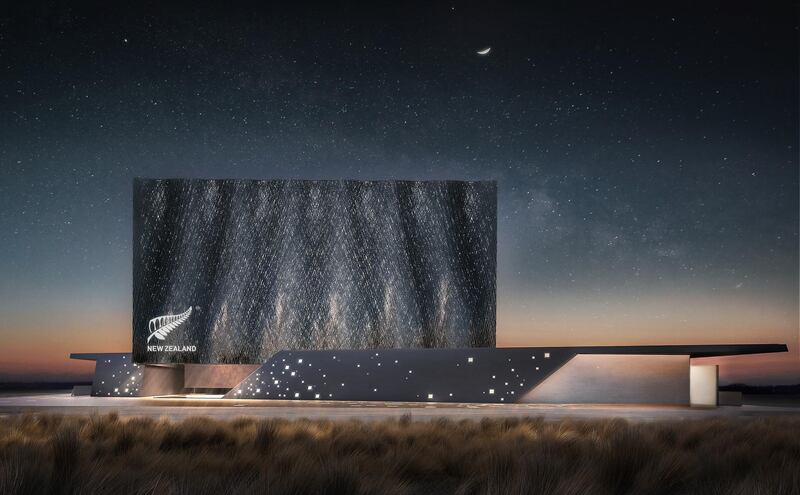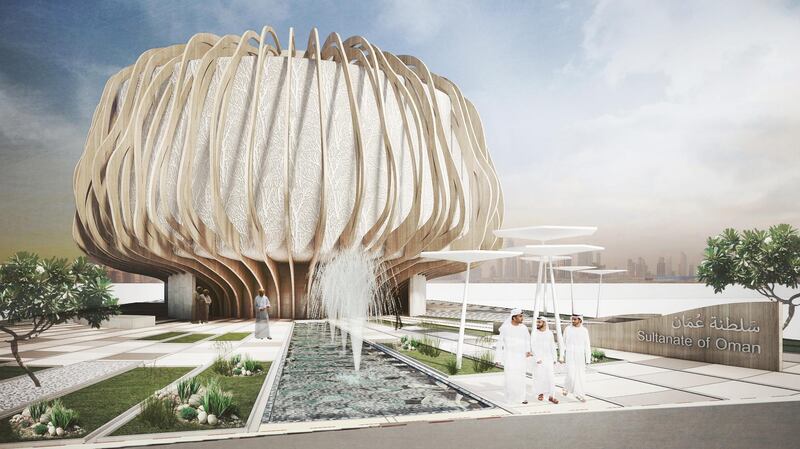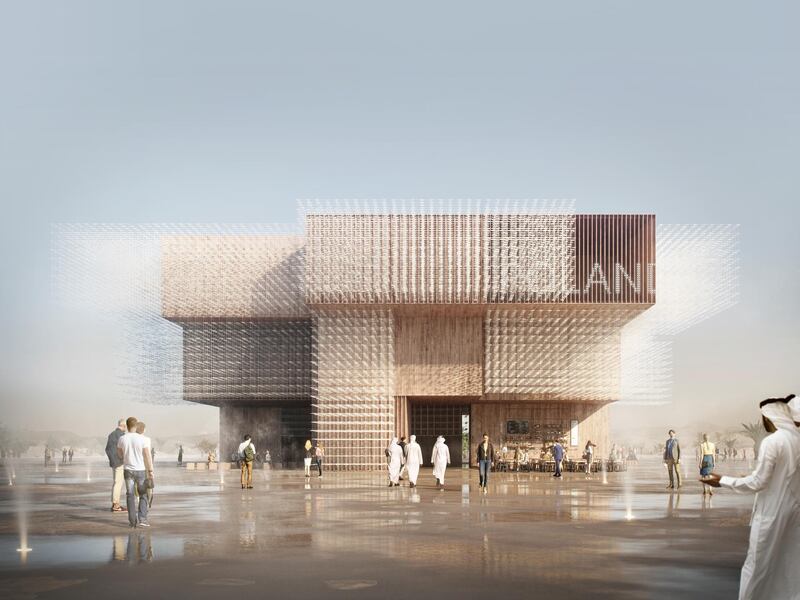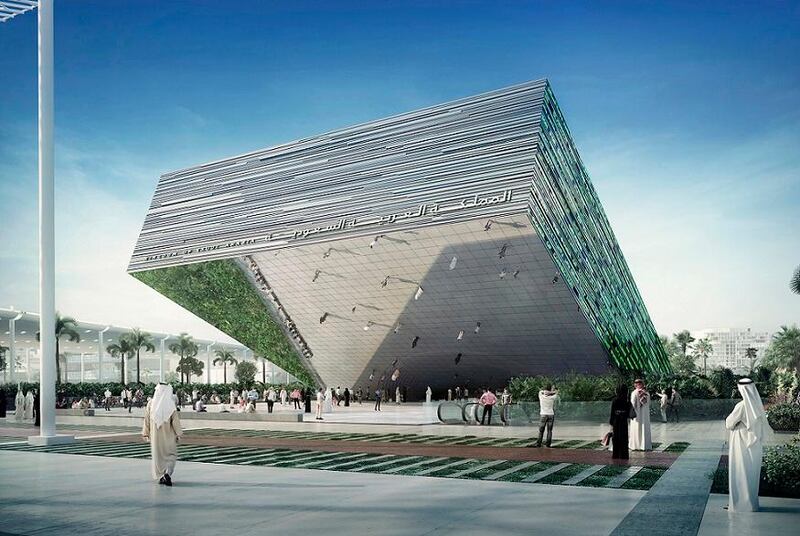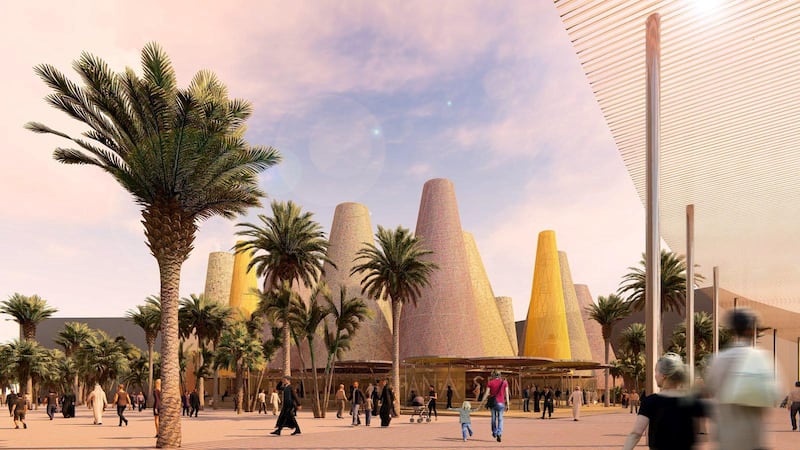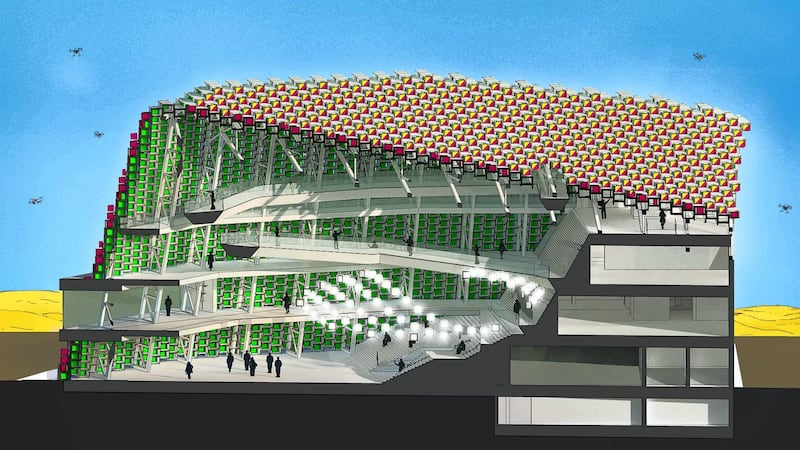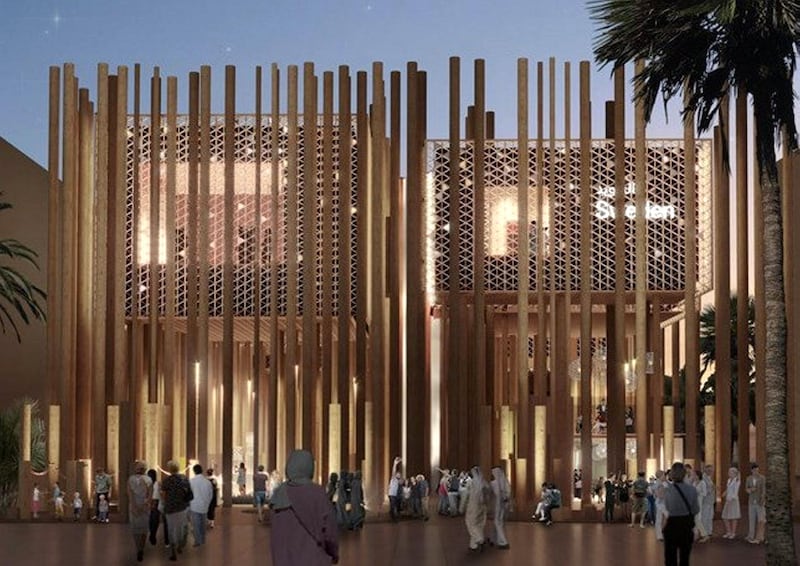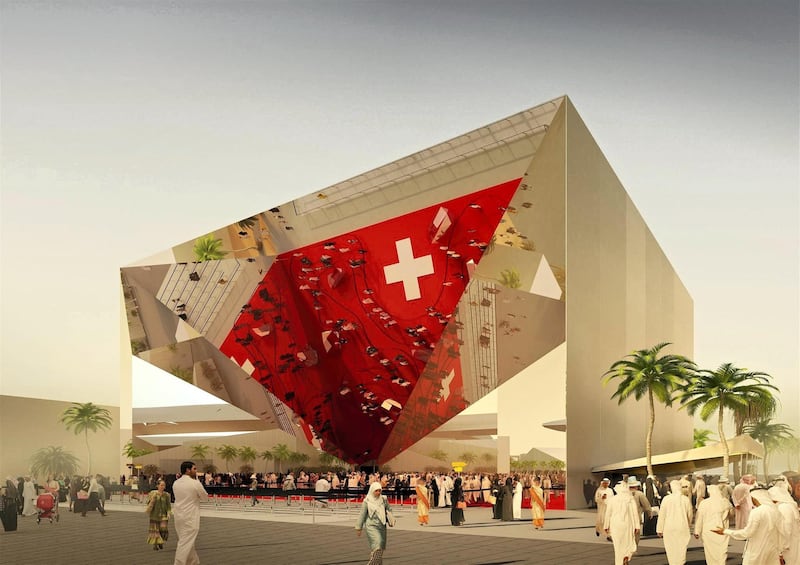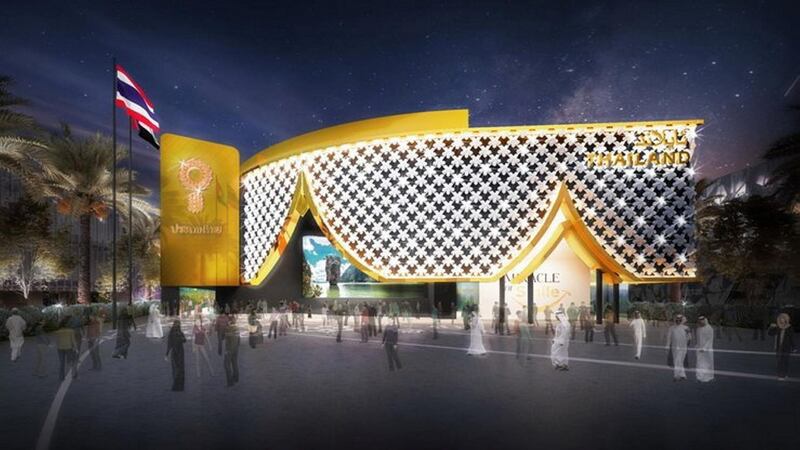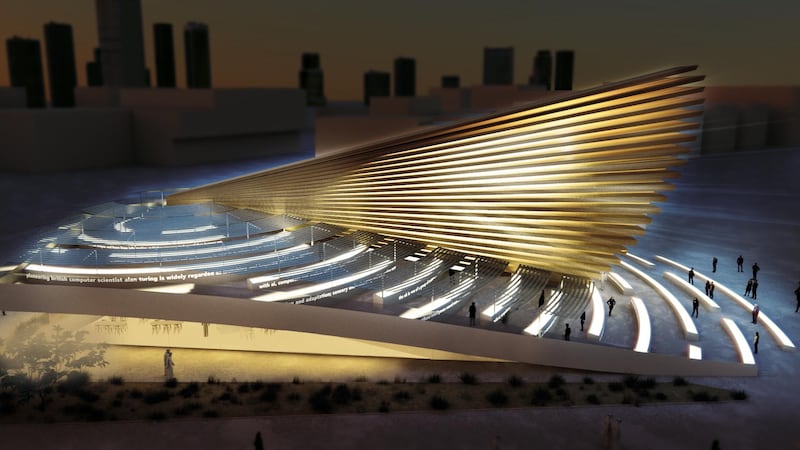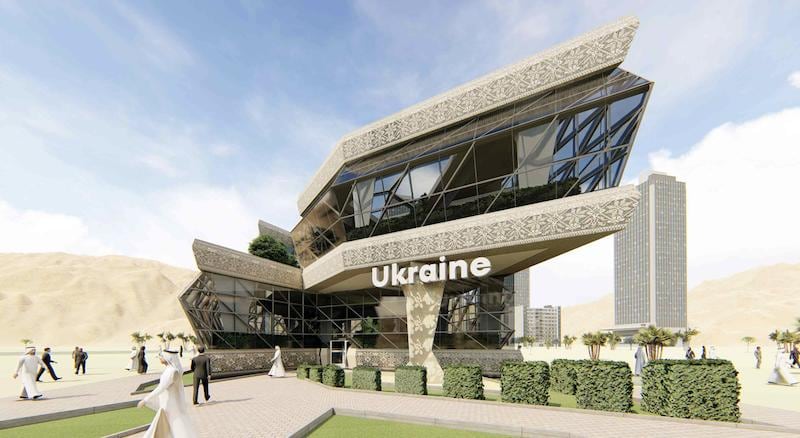The much-anticipated Expo in Dubai next year is projected to contribute Dh122.6 billion to the UAE’s economy and create nearly 50,000 full-time jobs per year between 2013 and 2031, according to consultancy Ernst & Young.
Over that period, Expo 2020 is expected to make up 0.47 per cent of the UAE’s gross domestic product and 0.8 per cent of average annual employment driven by construction, an influx of Expo visitors and business activity at the site, the US auditing company said in an independent report.
The economic effect of Expo 2020 from October 2020 to April 2021 would be equivalent to 1.5 per cent of the UAE’s
gross domestic product.
The biggest gains will be from the post-Expo “legacy” period between 2021 and 2031 with a contribution to the economy of Dh62bn, driven by the main sectors of events organisation and business services, retail, restaurants and hotels, the report showed.
The global event hosted by the UAE, which will be held in the Middle East for the first time, is a long-term investment for the country that is expected to have a positive impact on its economy while benefiting from an improved reputation and international profile, EY said.
The study, which was commissioned by the government and began in late 2017, is based on data from the Dubai government, Expo 2020 organisers and third-party sources. The report breaks down the economic impact along the timeline of the three periods before the event, during and after Expo 2020.
The event is expected to contribute Dh37.7bn to the GDP and create 37,500 full-time jobs per year in the lead up to it from 2013 to October 2020 when it opens. The biggest impact will be on the construction secto, while events organisation, transport, storage and communications sectors will also experience significant impact.
During the Expo, about 25 million visits are expected to the site with ticket sales, hotels, merchandise sales, retail, food and beverages and transport set to drive a Dh22.7 billion contribution to GDP. The number of full-time jobs are expected to peak at 94,400 and there will be a “significant” impact on tourism during this time, Matthew Benson, a partner at EY said during a press conference on Monday.
After the event, the site will be repurposed into the so-called District 2020, a mixed-use development area in the south of Dubai that will include residential, commercial, retail and hotel properties. Most of the economic impact during the post-Expo period will be driven by development activity and operations at District 2020 such as construction of new buildings and income from rent, the report said.
District 2020 is expected to be fully occupied by 2030, the consultancy said.
Of the Dh62.2bn contribution to GDP after the event, the main sectors to benefit will be events organisation and business services (Dh54.2bn), retail (Dh2.5bn), and restaurants and hotels (Dh2bn).
Dubai won the host bid for Expo 2020 in November 2013.
_____________
Take a look: The world's Expo 2020 pavilions revealed so far
